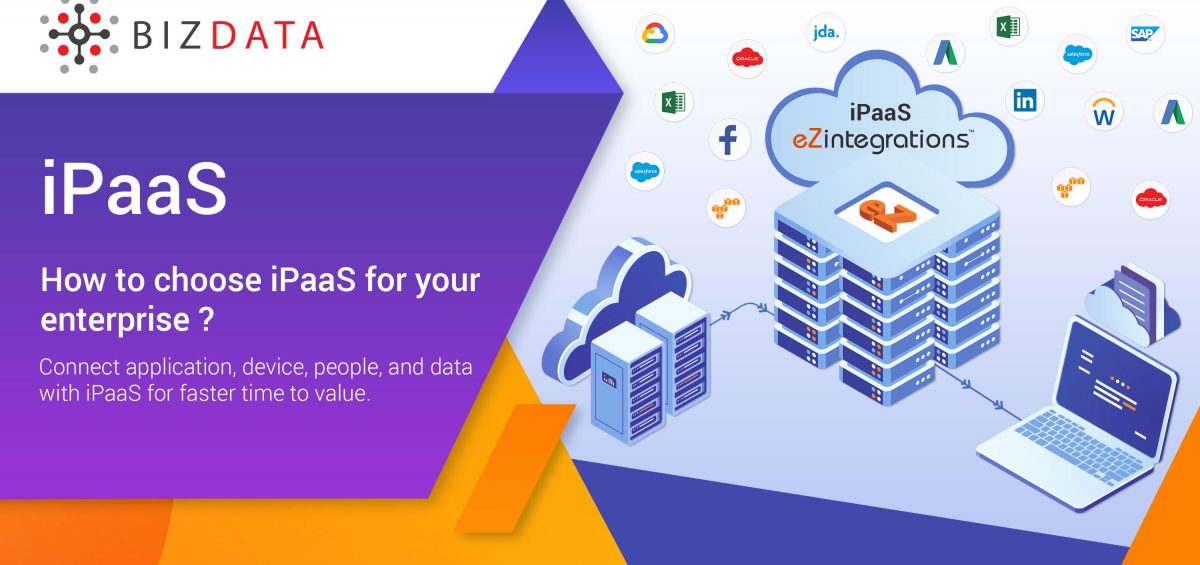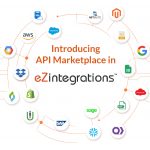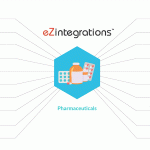With the rising of data from various platforms, let it be social, business, finance, CRM, public, etc. The need for integration is also rising as never. Traditionally, data integration could only be possible between on-premise systems, but since the emergence of iPaaS now it is possible to integrate the data between cloud to on-premise, vice versa systems as well. Since then, iPaaS has gained popularity and several iPaaS vendors are available in the market catering to various business needs and requirements.
In this article, we will discover how to choose the right iPaaS vendor for your Enterprise, including the factors that affect your enterprise requirements.
iPaaS (Integration Platform as a service) is a set of cloud services/tools used to connect software applications that are deployed in different environments. This enables faster integration and data sharing and removes barriers that IT teams normally face when new applications are added and allow for integration between cloud applications and even on-premise applications.
Without going deeper into what iPaaS is, let’s focus on how to choose that one.So, the question is your instant business requirements that an iPaaS solution can address. For example, if you want to integrate some CRM data into a web service, only focus on those specifications and filter out suppliers based on the following factors
Primary Concerns:
Do an in-depth study of iPaaS
- How it connects data across different platforms
- Its capabilities and how it benefits your business
- The prerequisites for integration, can it generate better revenue, and
- Is your business ready for automation?
Comparison between Vendors
You can put some Vendors on your list based on your requirements and their offerings. Start comparing every vendor in your list from their features, functions to capabilities and pricing.
Assess your requirements
You studied what is iPaaS, you’ve considered the vendors. Now, would you say you are certain your integration technique is settled? Evaluate the integration needs you are expecting from the vendor, capabilities such as real time integration, B2B integration, supporting on premise and Hybrid cloud systems, etc. If some additional features are being offered which is not in your requirements, then it may effect the budget and ROI as well. So, look for a vendor who can offer a customizable plan according to your requirements.
Supported Applications/ Connectors
For best operation of iPaaS, ensure that it supports all the web applications being used by your association, alongside the other web applications that you may embrace later on. Except supporting your applications, check whether they give the particular activities you may require in the future.
Scalability
For assessment of an iPaaS, it’s imperative to know whether a vendor is set up to scale with your changing data needs. For example, instead of going for an iPaaS that obliges your present scaling necessities, constantly select an iPaaS that can deal with your scaling prerequisites for two or three years in the future. In addition, ensure that scaling doesn’t come at the cost of execution. It is significant that iPaaS execution stays consistent at its most noteworthy scaling capacity. The correct iPaaS solution must be able to grip a high capacity of data with least or no latency.
Compatibility
How can it handle the change of data? — When data lives in such a significant number of better places, you will probably run into an issue with compatibility. Along these lines, while picking an iPaaS arrangement.
Security
An iPaaS with small security systems may make your hierarchical data, for example, client records, individual data, and passwords, powerless to data break and abuse. One approach to maintain a strategic distance from this is to put resources into an iPaaS that has powerful security systems, for example, data encryption, password assurance, security confirmations, and data security guidelines set up.
Pricing
Evaluating cost is a significant job while settling the iPaaS supplier. While assessing this factor, you have to think about a couple of parameters: Features, Support, and ROI. Most iPaaS suppliers offer a free trial period for testing in which you can check whether the item is a fit for your utilization case while likewise perceiving how responsive their help group is.






